|
Name: Ayahuasca
Type: Hallucinogen
AKA: Yagé, La Purga, ska pastora, The Vine, Tea, Hoasca, Daime, Vegetal
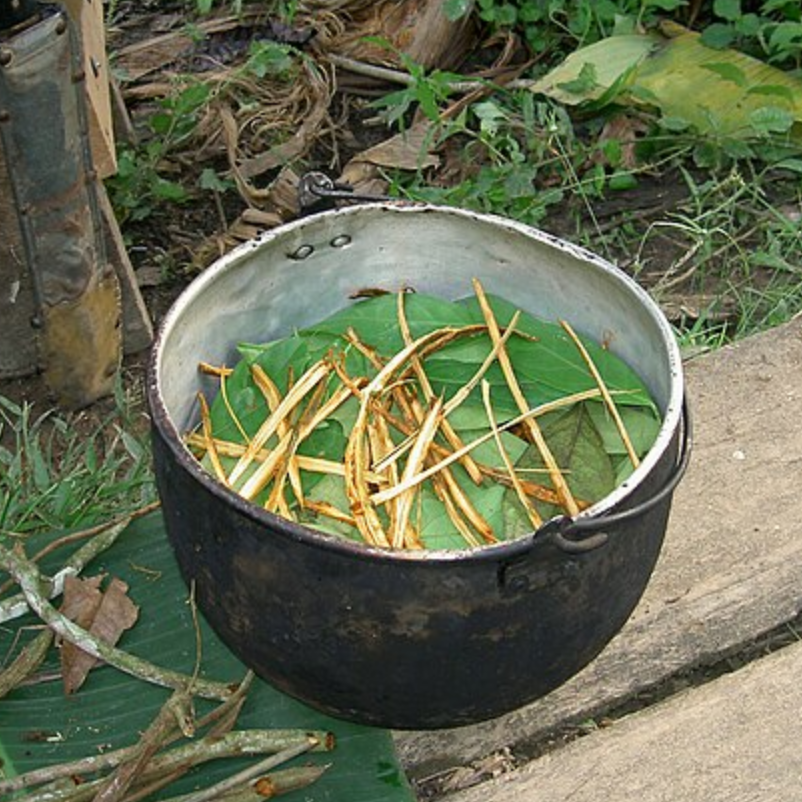
|
|
II. Natural Derivative
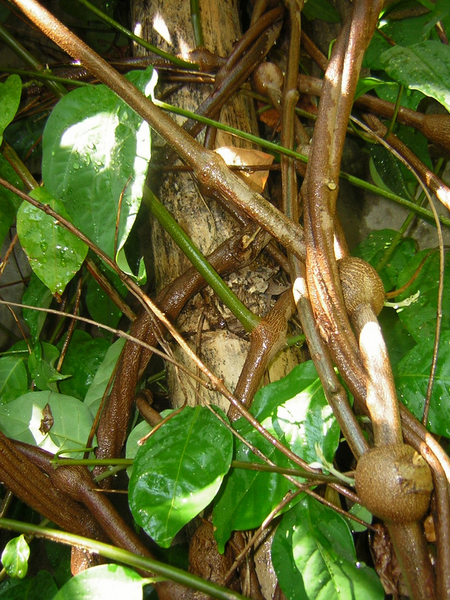
|

|
|
IV. History
Ayahuasca is a traditional psychoactive brew used in spiritual and healing ceremonies by indigenous peoples of the Amazon basin. It contains the psychoactive compound DMT and an MAO inhibitor to enhance its effects. Ayahuasca has been used for centuries in shamanic practices and has gained popularity in recent years for its potential therapeutic benefits, particularly in the treatment of mental health disorders and addiction.

|
|
V. Legal Information
Ayahuasca, a traditional Amazonian brew containing DMT and harmaline, is regulated variably worldwide. In the US, its use is legal in religious contexts under certain conditions but controlled otherwise. Globally, its legal status reflects a mix of traditional use and modern regulatory concerns, with some countries allowing its use for spiritual or medicinal purposes while others impose restrictions.
US Federal Schedule - I
Schedule I drugs, substances, or chemicals are defined as drugs with no currently accepted medical use and a high potential for abuse. Some examples of Schedule I drugs are: heroin, lysergic acid diethylamide (LSD), marijuana (cannabis), 3,4-methylenedioxymethamphetamine (ecstasy), methaqualone, and peyote.
Key US Federal Policies:
Controlled Substances Act. Public Law: Public Law 91-513 (text can be found on GovInfo) (https://www.dea.gov/drug-information/csa). Date enacted: October 27, 1970.
|
|
VI. Physical Effects
Ayahuasca, a traditional Amazonian brew, is used for its hallucinogenic properties. As an upper, it induces vivid visual and auditory hallucinations. Short-term effects include altered perception and introspection, while long-term use may lead to psychological insights or issues. Overdose risks involve nausea and psychotic episodes. Safe use involves guided sessions. Recent research emphasizes its potential therapeutic uses and the importance of controlled, supervised use. 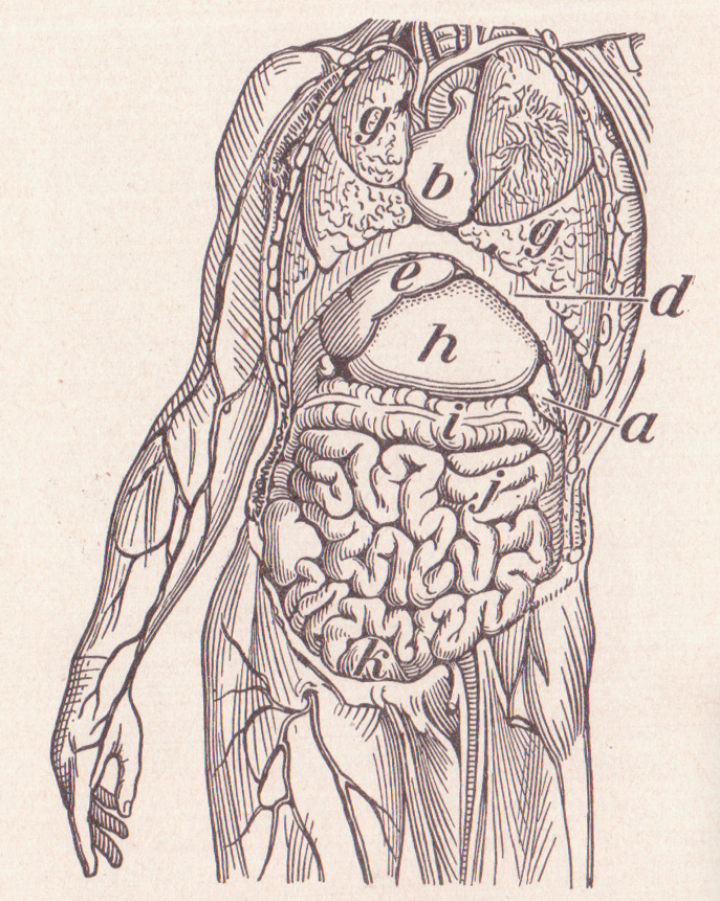 |
|
VII. Psychological Effects
Ayahuasca, a psychedelic brew containing DMT and harmine, affects serotonin receptors and alters brain activity. Immediate effects include vivid hallucinations and altered perception. Psychological impacts include emotional insights and potential long-term changes in mood and cognition. While some research highlights therapeutic benefits for mental health, including depression and PTSD, long-term use may involve risks of psychological distress and cognitive alterations.
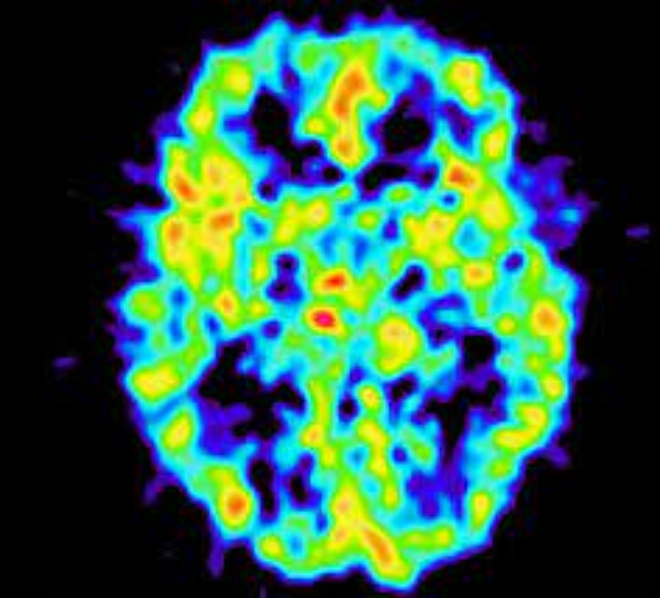 |
|
VIII. Culture
Ayahuasca is a psychoactive brew used traditionally by Amazonian tribes for spiritual and healing purposes. It has been part of shamanic practices in countries like Peru and Brazil for centuries. Modern cultural impact includes its use in contemporary spiritual practices and psychedelic research. Its ceremonial role involves guided rituals led by shamans. Proponents highlight its potential for personal transformation and healing, while opponents raise concerns about its safety and misuse. Notable figures like Terence McKenna and organizations such as the Ayahuasca Foundation have popularized its use.
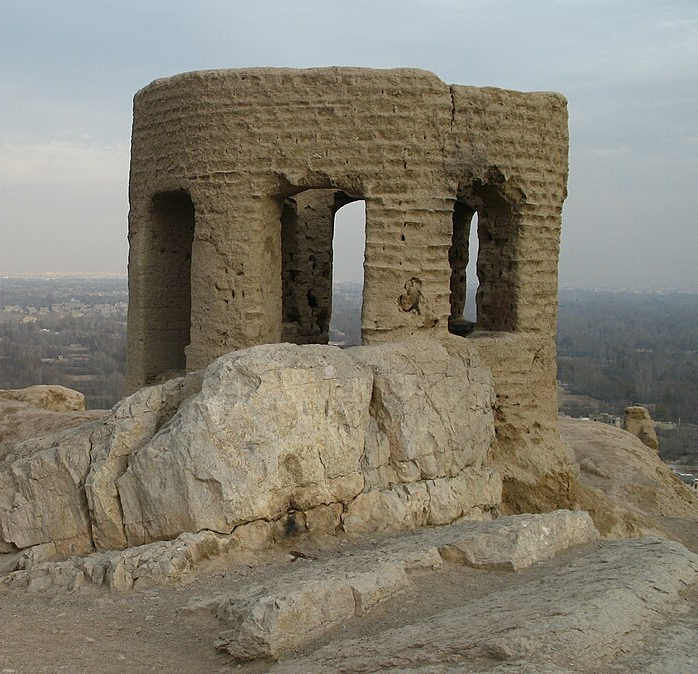 |
